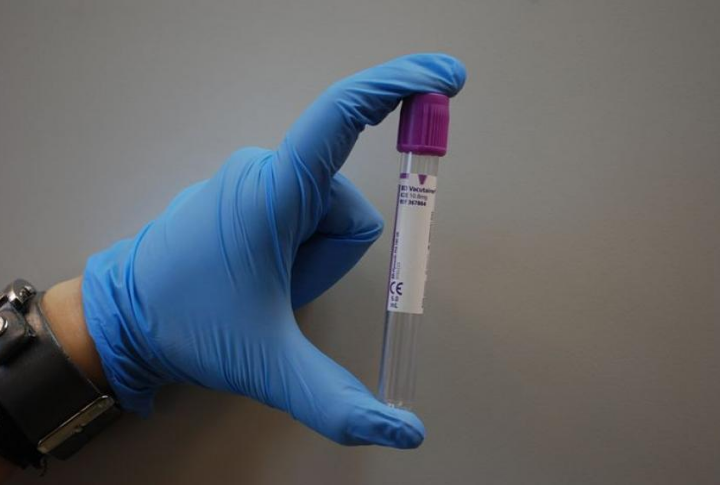
Point-of-care (POC) testing is a rapidly growing market. As healthcare starts to shift toward consumers, the demand for tests that can be performed anywhere the patient is located, is increasing. With the promise to reduce costs and give quicker results, with industry zeroing in on the prospects of these tests, POC’s are becoming the norm.
On May 16 at BIOMEDevice Boston, a panel will be held, titled: POC IVD and Core Lab Innovations: Making Precision Diagnostics a Reality. The panel will discuss the myriad of ways to design rapid, portable diagnostics, and innovation that is driving POC IVD product development. The session will also discuss the marketplace appetite for POC products and how some are replacing more traditional diagnostic tools.
An example of the growing appetite for POCs can be traced back to when Abbott’s acquisition of Alere. Not including the drama, the Abbott Park, IL-based company picked up Alere for about $5.3 billion – an amount that’s considered pretty sizeable for medtech.
Abbott was able to significantly boost its POC offerings and indulge in a rich opportunity that could help reduce hospital costs and make testing for diseases a bit easier.
Another deal that arose from Abbott’s acquisition was Quidel putting up $400 million to buy some of the assets of the Waltham, MA-based Alere. Through the transaction, Quidel gained Triage MeterPro products and B-type Naturietic Peptide assays. Quidel said acquiring Alere's triage business and (BNP) assay business could give the company a boost in the point-of-care diagnostics market.
Deals have had a tremendous impact as well as the availability of technology. POC testing was once thought of as something for developing markets. But the incorporation of some tests with smart phones has given tremendous bandwidth to hit the everyday consumer – thus encouraging product and market growth.






 Go back
Go back
